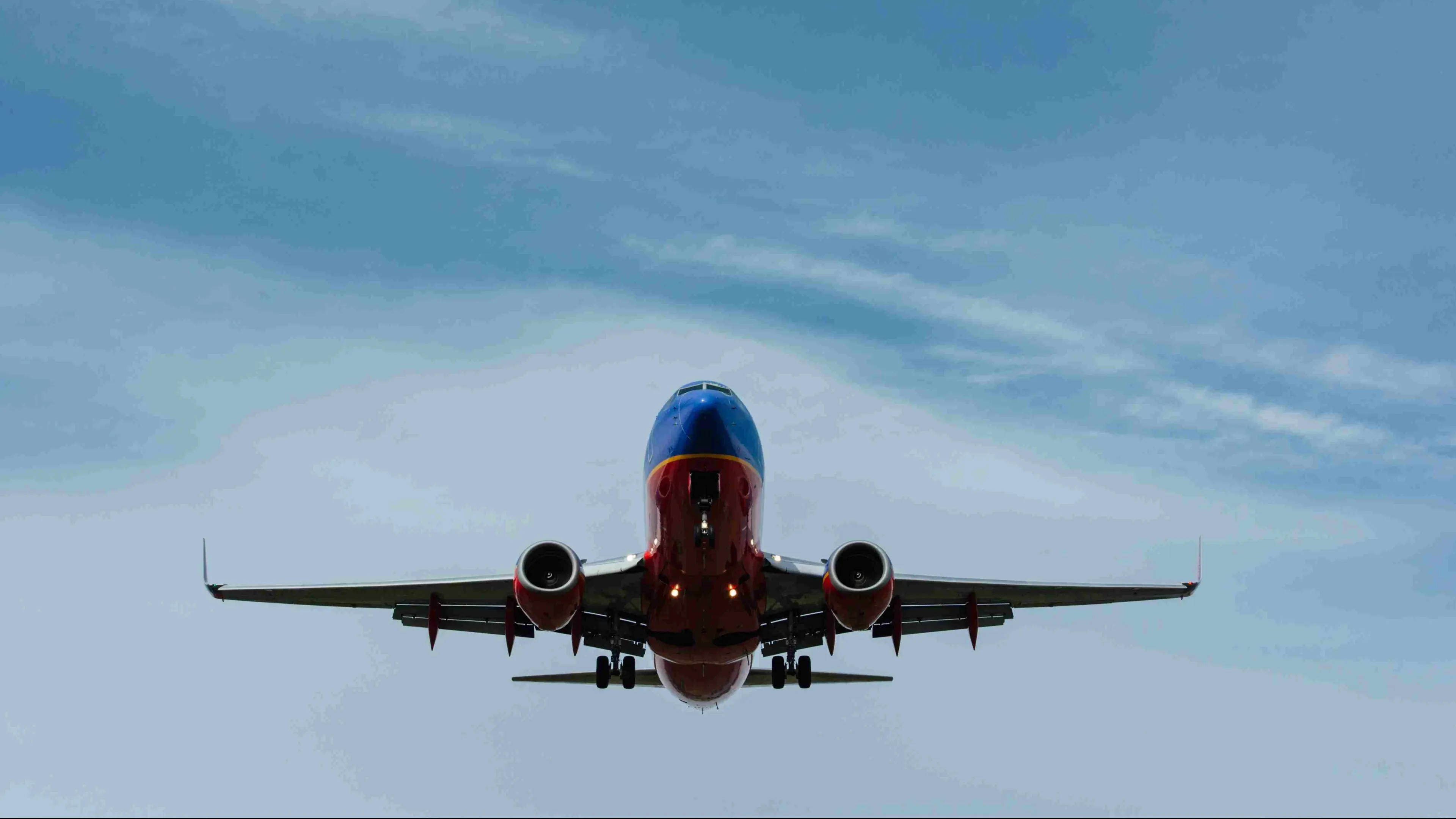Southwest and American Air shares fell after the reports. Should we still hope for a rally?
Southwest Airlines and American Airlines securities collapsed nearly 11% in early trading on July 24

Shares of U.S. carriers Southwest Airlines and American Airlines collapsed in early trading on July 24 after the publication of quarterly reports that turned out to be mixed and failed to meet investors' expectations. Despite the growth in demand for flights, the new data reinforced doubts about whether the sector can repeat the 2024 rally, writes Barron's.
Details
The securities of Southwest Airlines and American Airlines collapsed by almost 11% in early trading on July 24. The day before, the companies published their reports for the previous quarter.
Southwest reported weaker-than-forecast earnings of $0.43 per share on revenue of $7.2 billion versus expectations of $0.51 and $7.3 billion, respectively. American Airlines showed the best result with $0.95 earnings per share on revenue of $14.4 billion, beating consensus. However, investors were alarmed by the revision of the full-year forecast: the company now expects earnings in the range of minus $0.2 to plus $0.8 per share, while previously forecasting a profit of $2.7.
American Airlines CEO Robert Isom explained that the results were impacted by weak domestic demand, lower business activity and operational disruptions due to the storms. Despite this, he expressed hope that if the situation improves, American will be able to reach the upper end of its forecast.
Southwest, for its part, expects third quarter revenue per passenger seat to change within 2% of 2024. The carrier also reported the first results of the new approach: baggage fees have been introduced for the first time in 54 years, which is already having a noticeable financial effect. From January 2026, Southwest will abandon free seating - passengers will be assigned seats in advance.
Context
Unambiguous reports of airlines came out against the background of general optimism in the sector. Earlier, strong reports of Delta Air Lines and United Airlines brought back investors' interest in aviation securities. However, as Barron's notes, not all players are able to reach the high bar set by the leaders.
According to opinion Raymond James analyst Savanti Sight, the market is not yet convinced of the sustainability of the demand recovery, "United reiterated Delta's optimism, but we are waiting for more reports before firming up our expectations."
Investors are hoping for a repeat of the 2024 scenario, when airline stocks surged in the second half of the year thanks to lower fuel prices and high utilization. However, as MarketWatch writes, the situation is different in 2025: airlines are reducing supply, consumer activity is volatile, and high fourth-quarter comparison bases are creating additional pressure.
The U.S. Global Jets ETF (JETS) is up 11% in July, but UBS analysts believe that a new rally would require a significant acceleration in demand - something that hasn't happened yet. More likely, the next sustained growth in the industry won't start until 2026, UBS concludes.
This article was AI-translated and verified by a human editor
